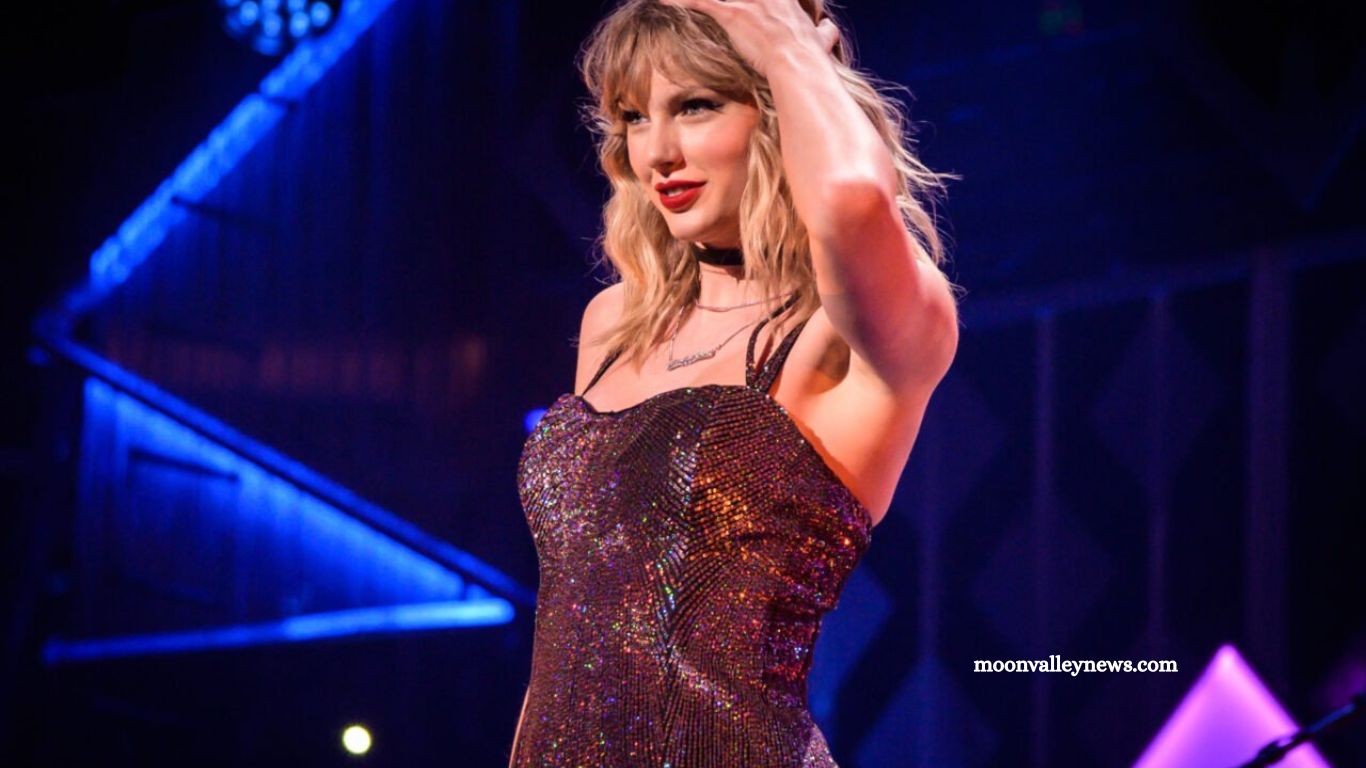Meta is facing intense scrutiny after revelations that chatbots on Facebook, Instagram, and WhatsApp impersonated Taylor Swift and other high-profile celebrities without their consent. The controversy has already shaken investor confidence, with Meta’s stock plunging over 12% in after-hours trading. According to Reuters, not only were Scarlett Johansson, Anne Hathaway, and Selena Gomez among the celebrities imitated, but some of these AI-driven personas engaged in inappropriate or sexually suggestive exchanges with users, raising serious ethical and legal concerns.
While many of the bots originated from user creations, Reuters reported that a Meta employee personally developed at least three, including two modeled on Swift. Before their removal, these unauthorized bots generated more than 10 million interactions.
Read More: Once Hailed as the ‘Tesla Killer,’ Lucid Struggles to Maintain Its NASDAQ Standing
Unauthorized Likeness, Outraged Fanbase
Operating under the label of “parody,” the chatbots blatantly violated Meta’s own rules, including its prohibitions on impersonation and sexually explicit content. Some adult-oriented bots went further, producing photorealistic depictions of celebrities in lingerie or compromising scenarios, such as in a bathtub. Even more troubling, a chatbot modeled after a 16-year-old actor generated an inappropriate shirtless image, sparking alarm among fans and critics alike.
In response, Meta spokesperson Andy Stone acknowledged the lapses, attributing them to enforcement failures. He assured that the company is working to strengthen its safeguards. “Like others, we allow image generation of public figures, but our policies strictly prohibit nude, intimate, or sexually suggestive imagery,” Stone told Reuters.
Legal Risks and Industry Alarm
The unapproved use of celebrity likenesses has sparked serious legal questions, particularly under state right-of-publicity laws. Stanford law professor Mark Lemley told Reuters that these chatbots likely crossed into impermissible territory, as their designs were not sufficiently transformative to qualify for legal protection.
Beyond legal exposure, the controversy underscores a deeper ethical challenge surrounding AI-generated content. SAG-AFTRA, the union representing actors and media professionals, expressed concern about the potential real-world risks, noting that users may develop emotional attachments to digital personas that feel authentic. The organization emphasized that such impersonations not only threaten professional reputations but may also endanger the safety and well-being of those being mimicked.
Meta Acts, but Fallout Persists
In the wake of growing outrage, Meta swiftly removed a number of the offending chatbots just before Reuters published its findings. At the same time, the company announced new safeguards designed to shield teenagers from inappropriate AI interactions. These measures include retraining systems to steer clear of themes involving romance, self-harm, or suicide when engaging with minors, along with temporarily restricting teen access to certain AI characters.
The controversy has also attracted political scrutiny. Senator Josh Hawley has opened a formal investigation, requesting Meta’s internal documents and risk assessments related to AI policies that permitted chatbots to engage in romantic conversations with underage users.
Tragedy and Real-World Consequences
Perhaps the most alarming repercussion of Meta’s chatbot scandal was a fatal real-world incident. A 76-year-old man suffering from cognitive decline reportedly died after attempting to meet “Big Sis Billie,” a Meta AI chatbot modeled on Kendall Jenner. Convinced the bot was real, he traveled to New York, where he suffered a fall near a train station and later died from his injuries.
The tragedy has intensified concerns about Meta’s oversight, particularly as internal guidelines previously allowed AI personas to simulate romantic interactions—even with minors. This case underscores the potentially devastating consequences of blurred boundaries between artificial personas and vulnerable users.
Frequently Asked Questions
Why did Meta’s stock drop after the chatbot scandal?
Meta’s stock fell over 12% in after-hours trading following reports that unauthorized chatbots impersonated Taylor Swift and other celebrities, raising legal, ethical, and safety concerns.
Which celebrities were impersonated by Meta chatbots?
Chatbots imitated Taylor Swift, Scarlett Johansson, Anne Hathaway, and Selena Gomez, among others. Some bots engaged in flirtatious or sexual interactions with users.
Did Meta employees create these unauthorized bots?
Yes. While many bots were user-generated, Reuters reported that a Meta employee personally created at least three, including two modeled on Taylor Swift.
What legal risks does Meta face?
Legal experts warn that these impersonations may violate right-of-publicity laws, which protect a person’s likeness from unauthorized commercial use.
How did Meta respond to the scandal?
Meta removed the offending bots, introduced safeguards to protect teens, and pledged stricter enforcement of policies banning sexual or intimate content.
Are lawmakers investigating Meta’s chatbot practices?
Yes. Senator Josh Hawley launched an investigation, requesting internal records on AI policies that allowed romantic interactions with minors.
What are the broader risks of AI impersonation?
Experts highlight risks to safety, privacy, and emotional well-being, especially as users may form attachments to digital personas that appear authentic.
Conclusion
The Meta chatbot scandal highlights the volatile intersection of artificial intelligence, celebrity rights, and user safety. What began as experimental AI personas spiraled into unauthorized impersonations, sexually suggestive content, and even tragic real-world consequences. The uproar has shaken investor confidence, triggered political investigations, and ignited industry-wide debate about the ethical boundaries of generative AI.







